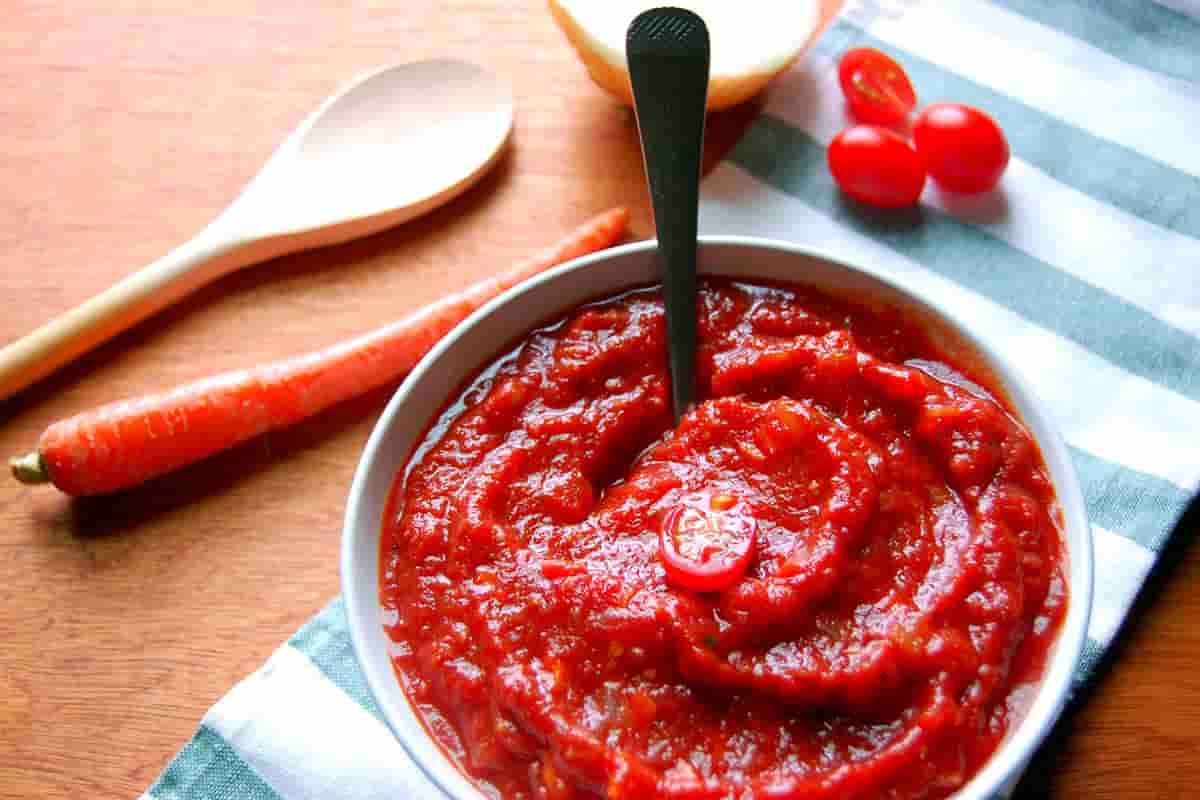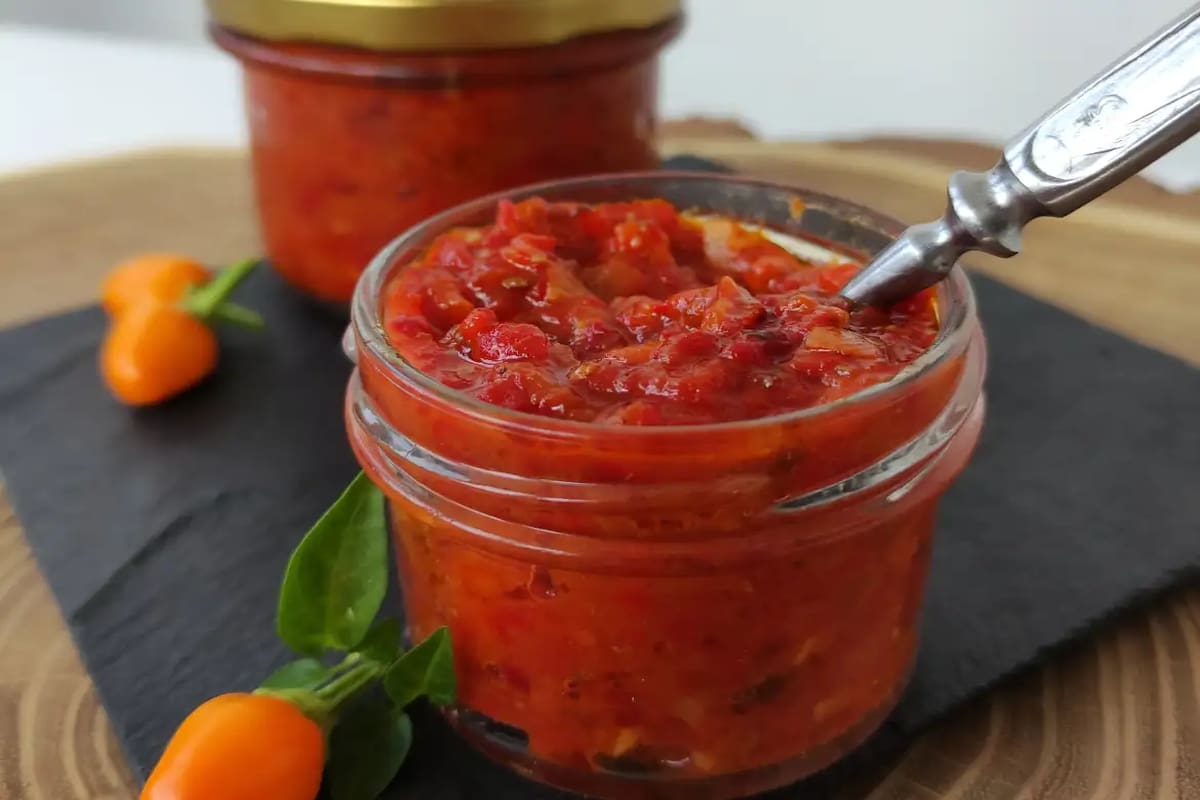Bulk production of tomato paste which are natural and organic is active in many countries absolutely for wholesale supplier all around the world. Tomato paste is one of the most significant organic condiments used in whole meals, and it is something you should keep on hand.
Natural tomato paste not only has the color and texture of fresh tomatoes, but it also contains all of the characteristics of fresh tomatoes. Tomato this organic fruit was known for the first time in America which is unripe before harvest. this unripe fruit has an harmful substance in name of solanine which hurt human’s body and make problem for digestive system, so for protecting we have to wait until tomato ripped.
Most countries which are supplier differ in terms of price, product quality, types of product, product color, how consumers delivers their order, and so on. There are powerful and significant wholesale and tomato paste market in our country, North America and Eastern Europe. Some of the momentous and famous brand for the main markets of tomato paste are including Radman tomato paste, nature tomato paste, happy tomato paste, Sahar tomato paste, Tabarok tomato paste, China tomato paste that all are present for buying in bulk and in part in our company.
Buying tomato paste in bulk with cheap price in hot demand these days lead the broker be removed, and the contract will be directly between the seller and the buyer. As a result, this type of contract will benefit both sides. The buyer will benefit from buying the product in wholesale since they will be able to sell it in a smaller quantity and for a higher price. Purchasing tomato paste in bulk saves both time and money. Foreign merchants are interested in importing our items with reasonable price to their nations, in addition to local market consumption.
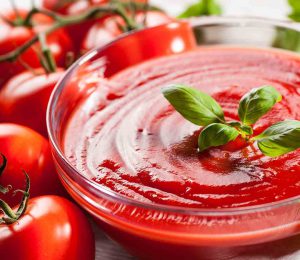
Bulk buy tinned tomato
Buy tinned Tomato paste in bulk is typically packaged in metal cans of various sizes and glass containers after production. Tomato paste is packed in special cans when the solids content achieves the standard threshold in tomato production.
After that, the sterilized cans are placed into an autoclave. Microorganisms inside the can, such as mold or yeast, are killed by the autoclave heat and are unable to develop. In this instance, sealed paste cans can be stored for an extended period of time as indicated by the expiration date on the can without fear of deterioration. Metal cans have the advantage of being easier to sanitize and store in a pasteurizer than glass cans, because the can has a higher heat resistance. In the first stage, most types of tomato paste packaging are standard and acceptable since the container is entirely filled with no air and is sterilized in terms of microbiological contamination, so the tomato paste packaging does not cause any health problems during transportation and storage before opening.
However, after opening the door and using it, the client may encounter issues such as mold. For pretending such problems like mold, consumers have to transfer tomato paste to glass container. There is worthy to mention that for using both tinned and glass container tomato paste, consumers should close the lids tightly. When lids are closed tightly enough, there is no way for entering microbe.
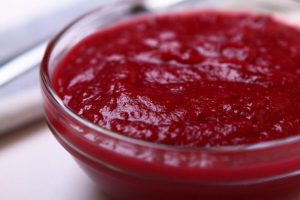
Global exports of tomato paste
Tomato paste and tomato exports are two global income streams that are critical to the country’s economic prosperity. Tomato Paste exports from the food group and tomato exports from the fresh fruits and vegetables group are both critical.
These two foods can be sold and exported in neighboring countries’ markets, particularly in Turkey, Russia, and India. Tomato paste and tomato export trading companies have complete control over all legal procedures and standards governing these foods. The Tomato Paste Export Process Is Little more complicated and lengthy because it is a processed and factory-produced product. Both the exporting and importing countries have established a set of standards for the export of both foodstuffs.
Italy, China, the United States and Spain have the largest exports of tomato paste in the world, and Germany, the United Kingdom, Japan and France are the largest importers of tomato paste in the world. Exporter countries are more powerful than other counties in this field and show themselves as main supplier all around the world.
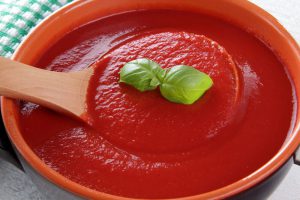
Tomato paste Brix
Brix is the most important issue which define the quality of tomato paste .Although tomato paste exports might provide good opportunities for tomato paste producers, all tomato paste exporters should pay special attention to the brix index, which is the aim for the target country. The higher the Brix index in tomato paste, the thicker tomato paste will be, and the more tomato will be required to manufacture it. For example, one ton of tomato paste with Brix 20 will require around four pounds of tomato paste, but Brix 38 requires around seven tons of tomatoes to make the same amount of tomato paste.
The approved standard brix for exporting tomato paste to Afghanistan is 10.
The approved standard brix for exporting tomato paste to Iraq between 18 and 20.
The approved standard brix for exporting tomato paste to Russia between 32 and 38.
In above sentences there are some mentions which explain taste of people in different countries. All exporters have to consider what is people prefer in their eating and drinking. Tomato paste comes in two varieties: Hot Break and Cold Break, which are utilized to make various end products.
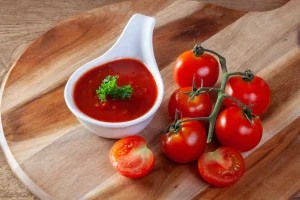
To make Hot Break (HB) paste, fresh tomatoes must be heated shortly after chopping to a high temperature which mostly is between 85 and 100°C , however to make cold (CB)paste, The fresh, sliced tomatoes must be heated at a lower temperature (between 65 and 75°C) . HB paste is used for ketchup and various varieties of tomato sauce that require a Brix of 28-30 degrees, whereas CB paste is used for triple concentrate paste that requires a Brix of 36-38 degrees.



